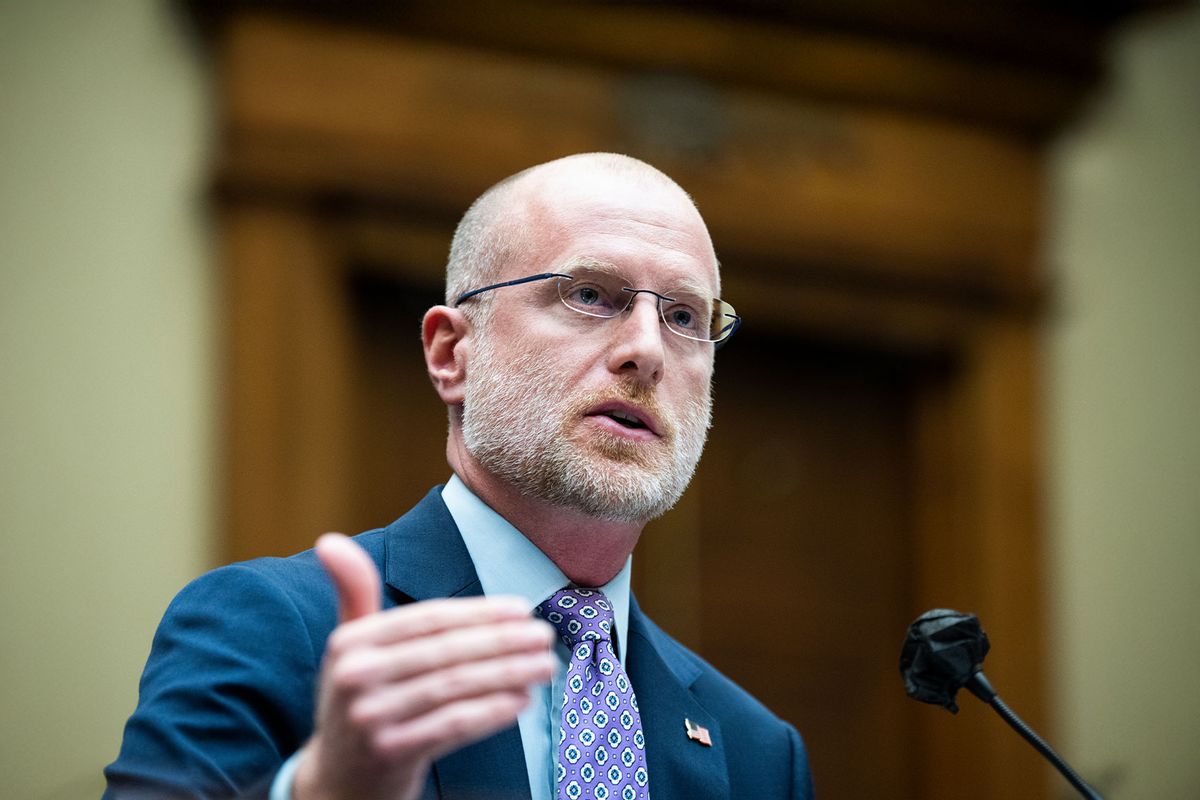The Federal Communications Commission is investigating a San Francisco news outlet over its coverage of an ICE raid in San Jose, California last month, reviving concerns that the license-granting body could chill free speech under President Donald Trump.
Fox News host Brian Kilmeade accused Bay Area broadcaster KCBS of sharing the “live locations” of ICE officers carrying out deportation raids, going on to read a portion of the broadcast alerting listeners that agents were “on the east side of town… in unmarked vans.”
In an interview with Kilmeade, FCC chairman Brendan Carr called the actions “concerning."
“We have sent a letter of inquiry, a formal investigation into that matter, and they have just a matter of days left to respond to that inquiry and explain how this could possibly be consistent with their public interest obligations,” Carr told Kilmeade.
Kilmeade also tied George Soros to the reporting, condemning the “Soros-backed” station’s broadcast (the billionaire is frequently invoked in antisemitic conspiracy theories). Carr previously floated reversing a committee decision that enabled Soros to purchase a network of radio stations.
Earlier this month, the FCC successfully coerced CBS into releasing the full transcripts and videos of an interview with former Vice President Kamala Harris, the network turning over protected work product after Trump cautioned that the commission could “take away” its broadcasting license.
Carr has also launched investigations into NPR and PBS, suggesting in a letter that his ultimate intention is to give Congress a pretext to eliminate funding for the public broadcasters.
Carr also authored the Project 2025 chapter on the FCC, in which he said the commission should take a heavier hand in pushing social media companies to promote right-wing speech, including by interpreting federal law in a way that would allow them to be sued over moderation decisions.
Free press advocates worry that Carr’s apparent weaponization of the FCC could spook reporters nationwide.
David Loy, legal director for the First Amendment Coalition, told San Francisco station KQED it was “very troubling” that the FCC would go after news definitively in the public interest.
“It’s an intimidating exercise. The process is the punishment,” Loy told KQED. “Even if charges are never filed, people have to look over their shoulder to wonder, is the government going to come after me because I report something that the government doesn’t like me to say?”



Shares